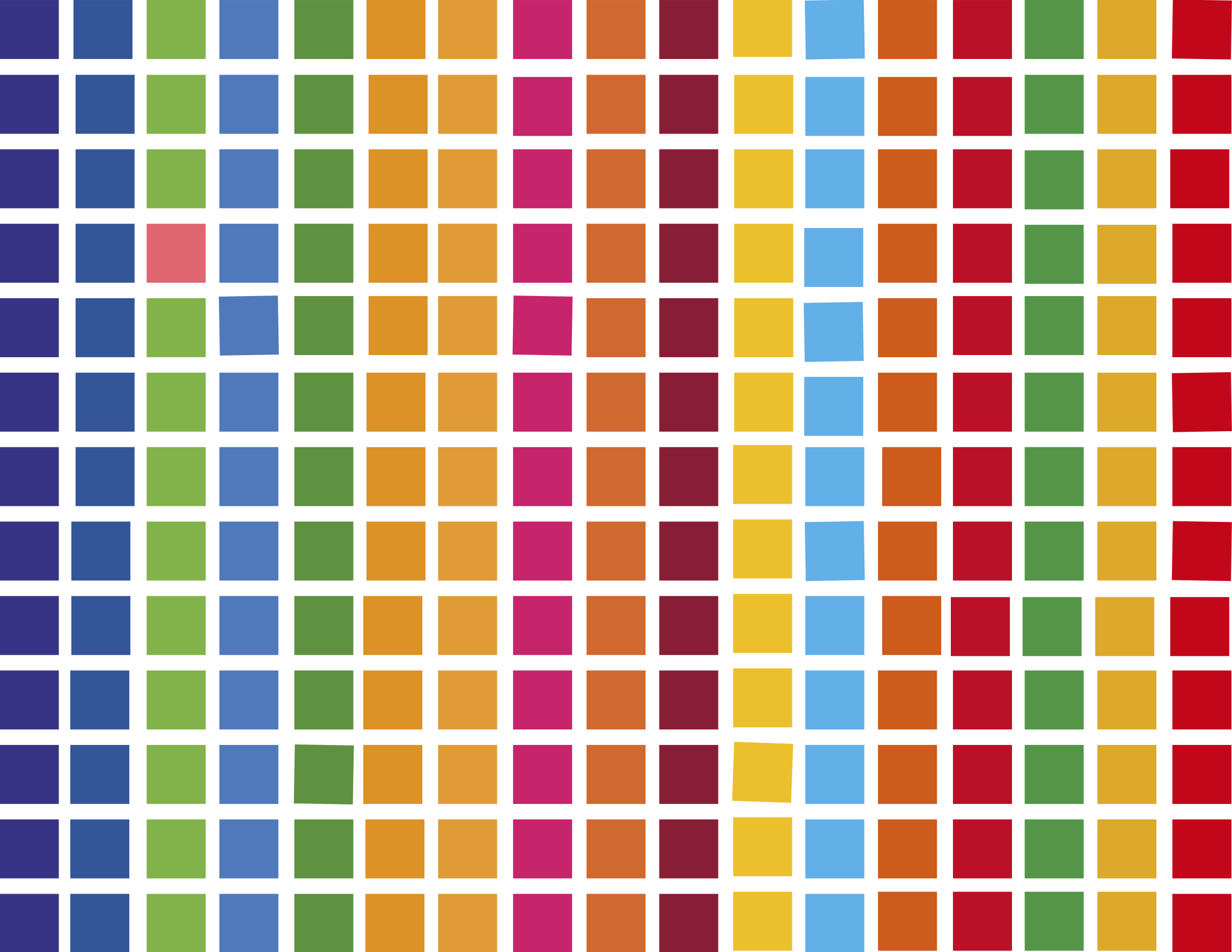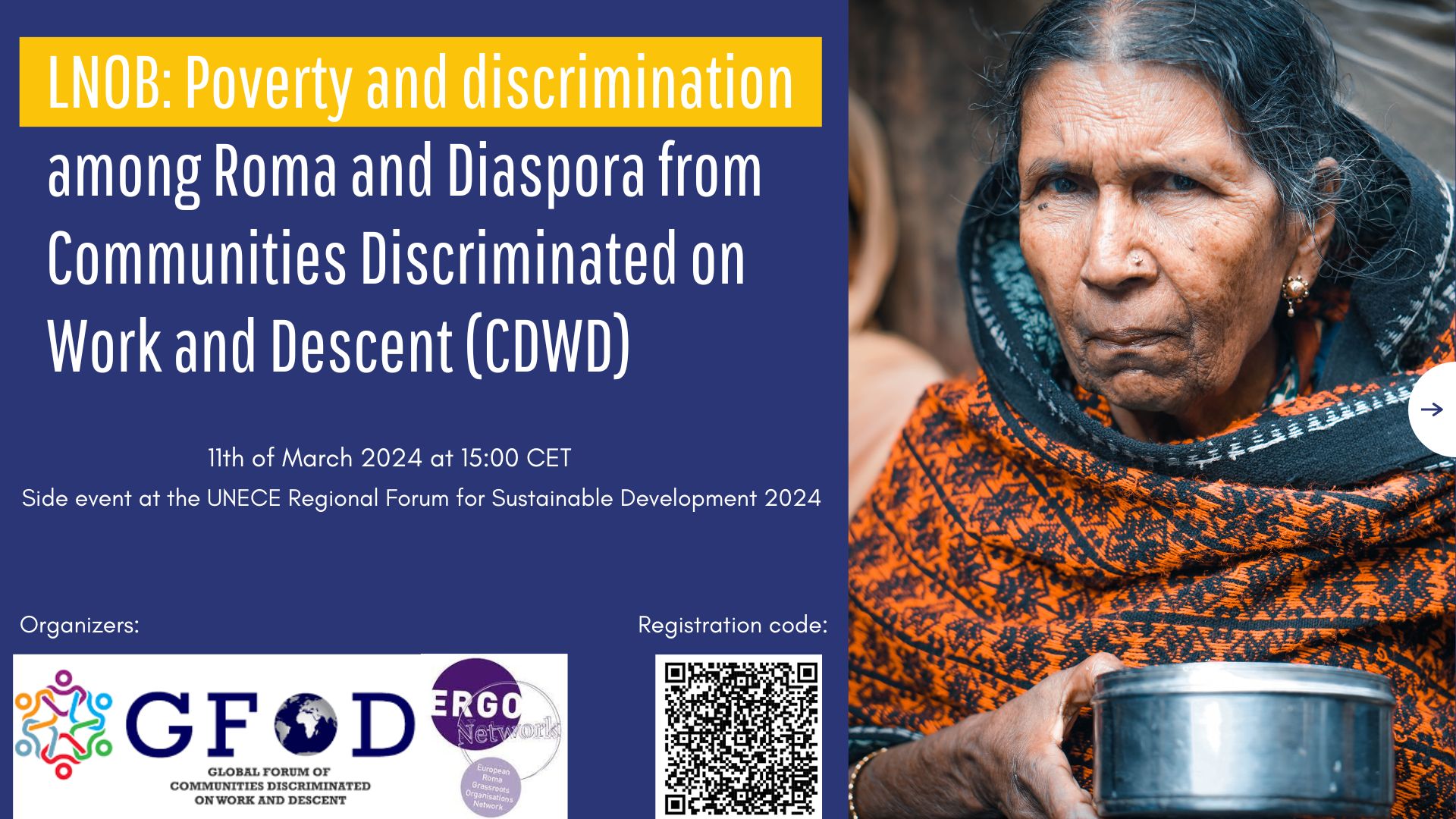Discrimination based on Work and Descent (DWD) affects more than 270 million people worldwide, with about 15 million Roma and other communities DWD diaspora in Europe, such as Dalits and Haratins. CDWD are regarded as the most vulnerable groups in terms of social, economic, and political development. They experience intersectional discrimination and oppression because of overlapping social constructs of ability, age, work, caste, class, ethnicity and gender.
Data from 2022 shows that the number of people at risk of poverty or social exclusion in the EU in 2022 was 95.3 million. Some 72.7 million people were at risk of poverty. Looking at the intersection of three conditions, 5.6 million people simultaneously faced all three situations: in other words, they were at risk of poverty, experiencing severe material and social deprivation, and living in a household with very low work intensity. According to the Council of Europe, “racism, humiliation, and exclusion are drivers of poverty, as well as consequences of it. Discrimination, whether based on gender, ethnicity, sexuality, or other grounds, can lead to exclusion and restrict pathways out of poverty. Poverty is more than just a human rights violation”. The SDGs will succeed or fail based on the extent to which they pay adequate attention to leaving no one behind or reaching the furthest behind first.
DWD diaspora communities in Europe and the Roma continue to face significant challenges in eradicating poverty. Although several measures have been taken by different stakeholders, it remains a daunting task to improve the economic status of such communities. The situation is further exacerbated by issues such as discrimination, social exclusion, poor access to education, and inadequate public services and facilities.



